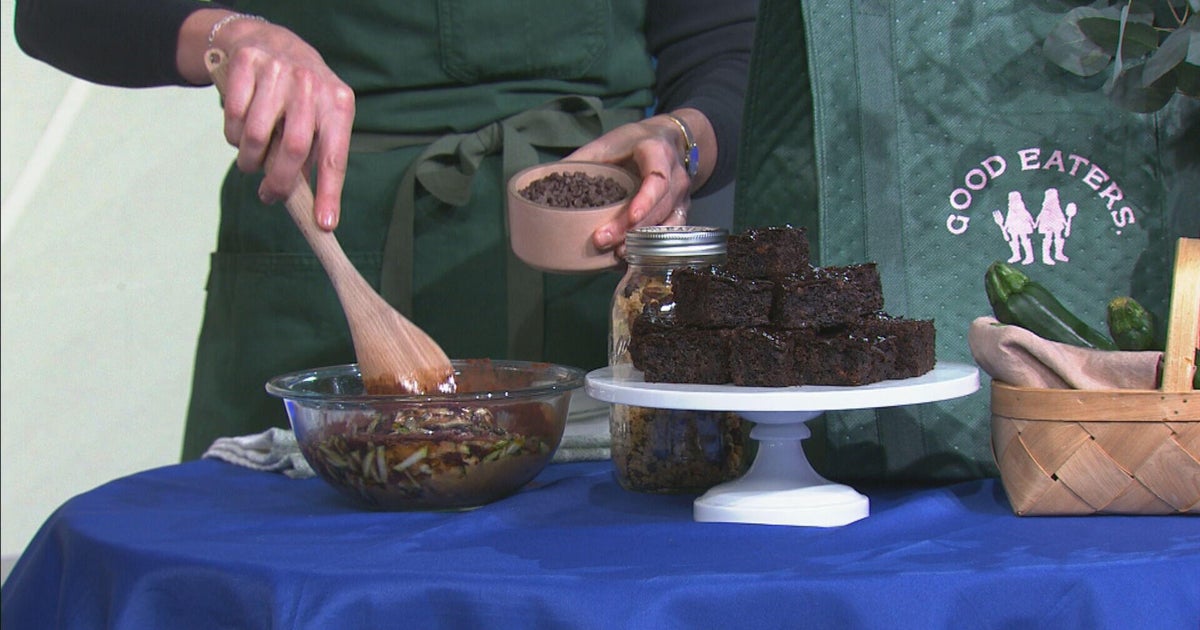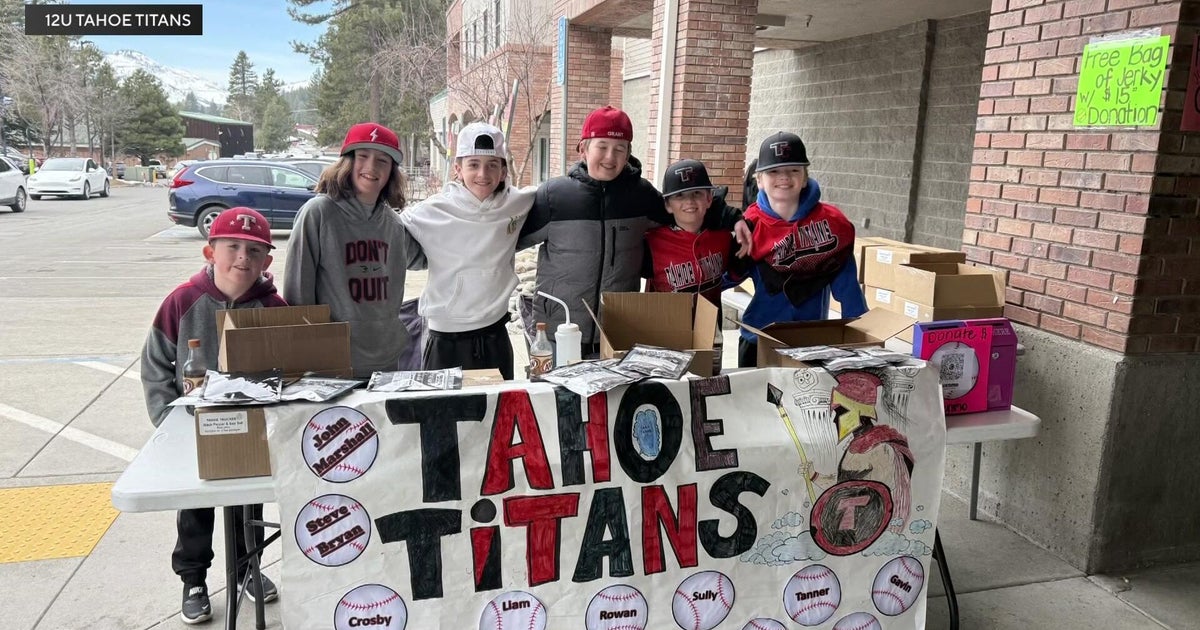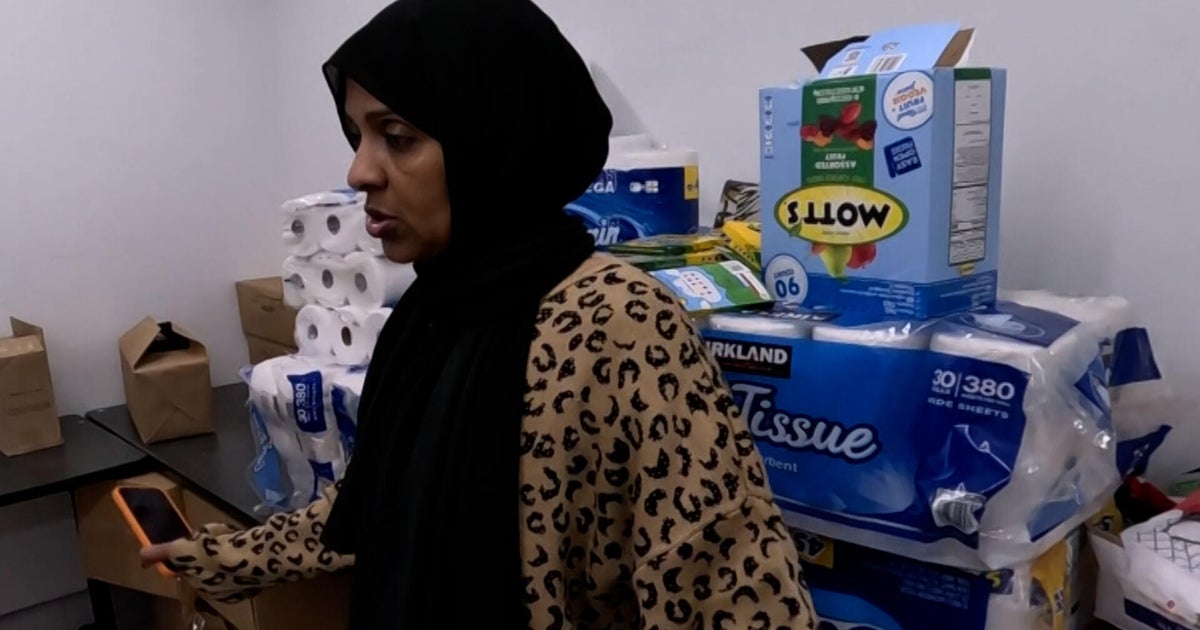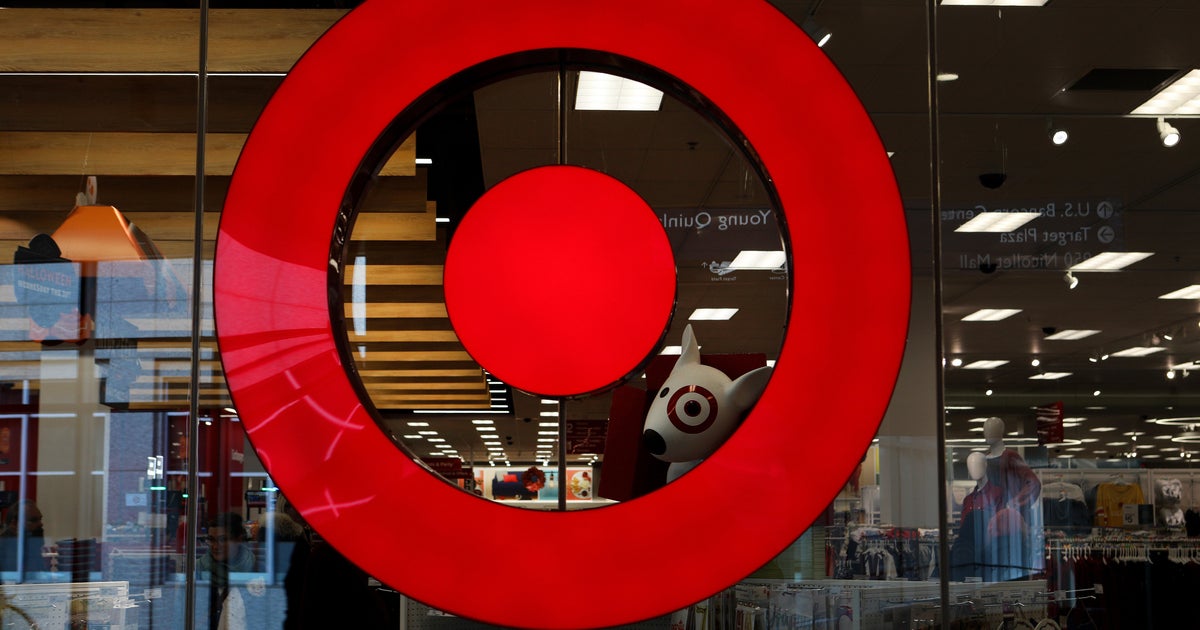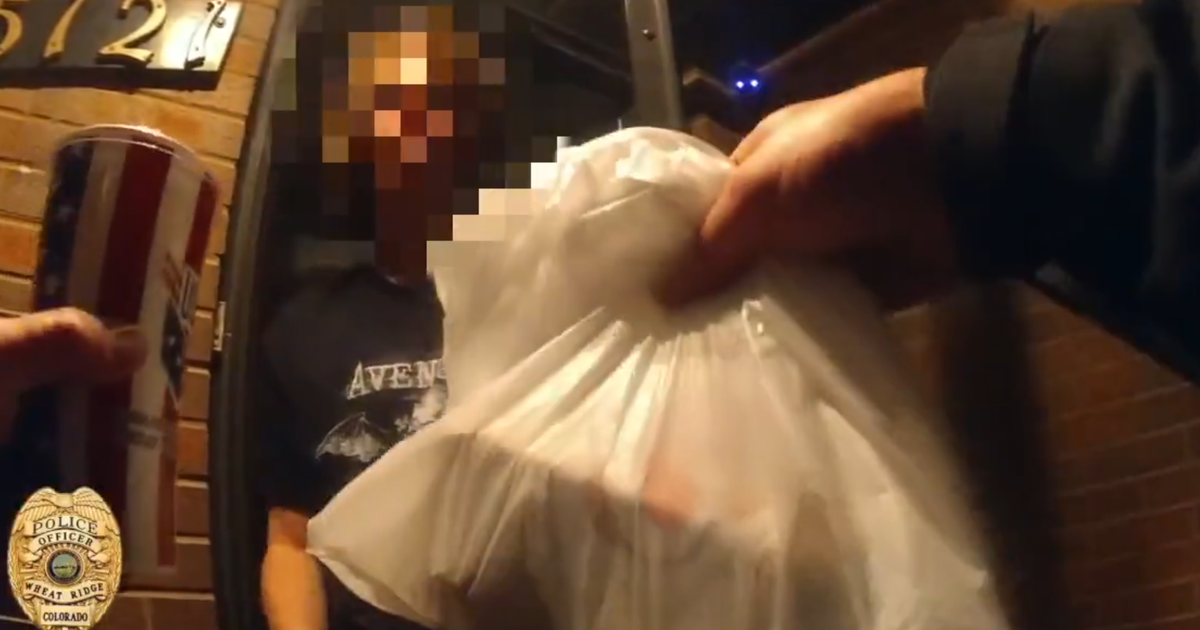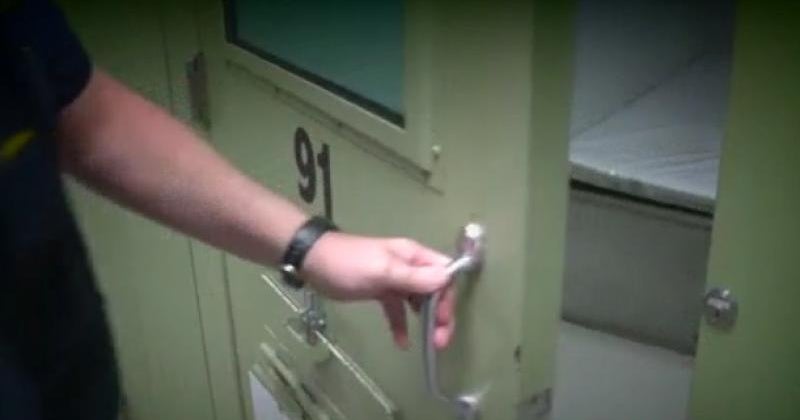How Do Food Recalls Work?
MINNEAPOLIS (WCCO) -- A listeria scare has turned into a huge recall of bagged vegetables at stores like Walmart, Whole Foods and Trader Joe's. No one has gotten sick, but a Canadian food inspector found one of the packing company's products to be contaminated with the bacteria.
So, who's making sure recalled food comes off the shelves? How do recalls work? Good Question.
We may hear about a food recall every few days or so, but they happen far more often. According to the Food and Drug Administration, which oversees 80 percent of the foods in the U.S., there have been 265 voluntary food recalls in 2017.
"Recalls happen when there's a chance that someone could get sick," says Sarah Brew, a partner at Faegre Baker Daniels who specializes in food law. "Most of the time consumers don't hear about them unless there is a foodborne illness, outbreak or illnesses associated with them or if it's a really well-known brand."
The majority of food recalls in the U.S. are voluntary and come from the food company – whether it be a distributor, manufacturer or retailer. The FDA does have the ability to force a recall, but it happens very rarely. When a company discovers that food they produced or handled may be unsafe, they are required to report that to the FDA.
"The culture is now that we don't get pushback from the company because they know it's in their best interest," says Alida Sorenson with the Minnesota Department of Agriculture.
According to the FDA, the agency can hear about a product problem in several ways. The company might discover the problem and contact the FDA or the FDA inspects a manufacturing facility and determines the potential for a recall. The FDA can also receive a report of a health problem with the CDC or other reporting systems.
The most common reason for a recall is allergens, like milk, eggs or nuts that weren't on the label. Other reasons include cases of listeria, salmonella or E. coli. Brew says it also could other be other kinds of contamination.
"I see there was a broken belt and the pieces aren't there," she says. "The pieces must have gotten into our food product and then I might do a recall because I'm worried about a choking hazard."
What ultimately happens to the recalled product depends on the type of product. The FDA requires some products to be destroyed with bleach-like products or proof of disposal in a landfill. Other products are sent back to manufacturer to be destroyed or repurposed.
For more information on where to find out on the vegetables from Mann Packing that have been recalled, visit the FDA's recall page.
